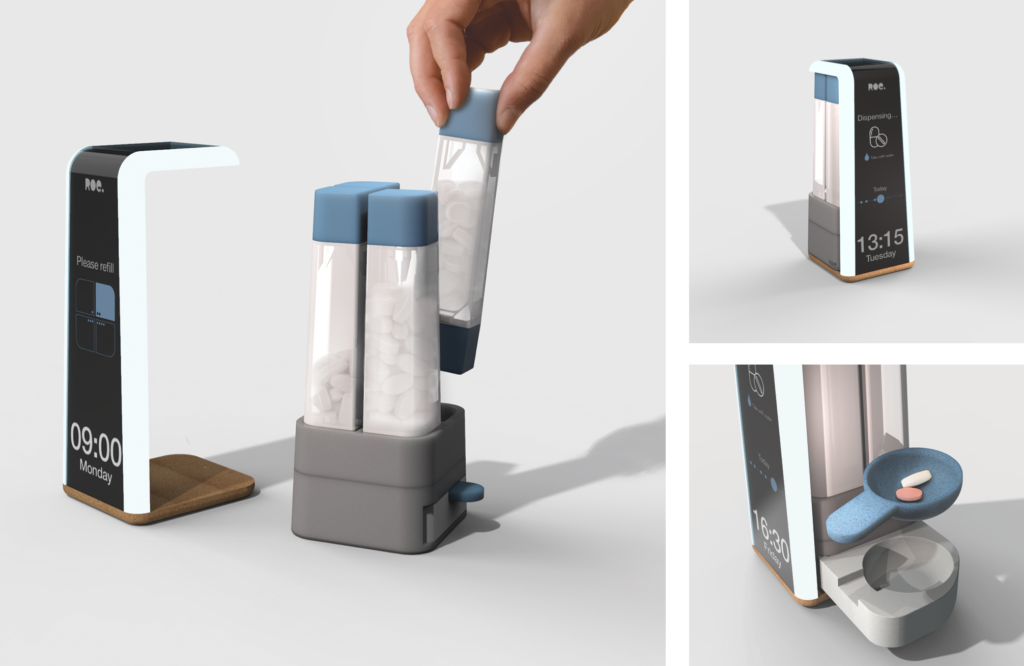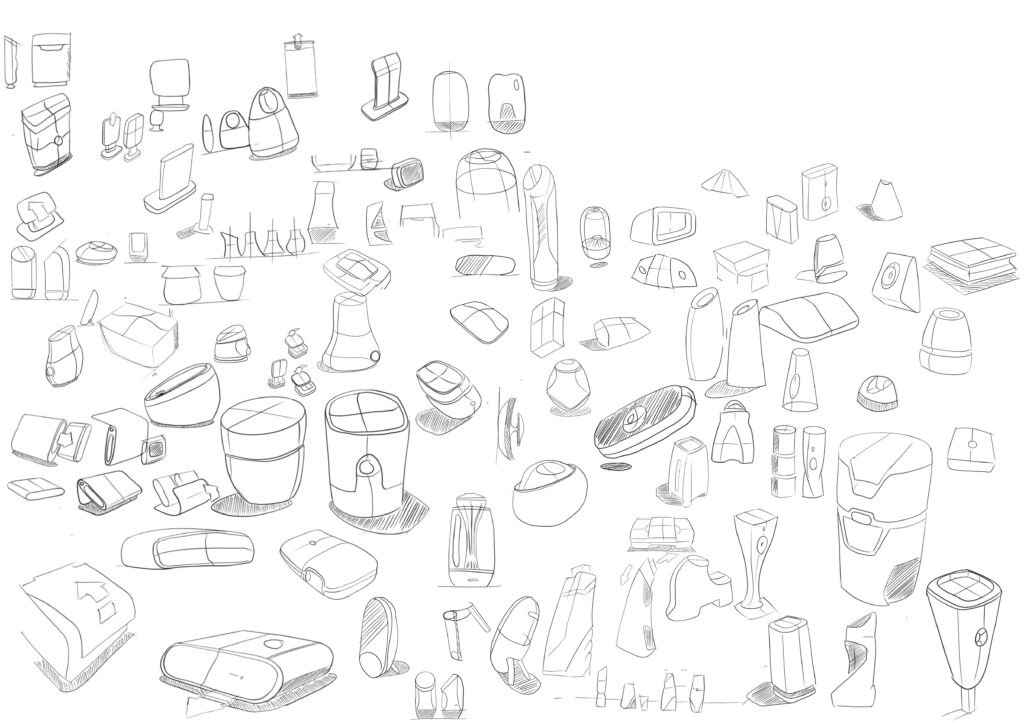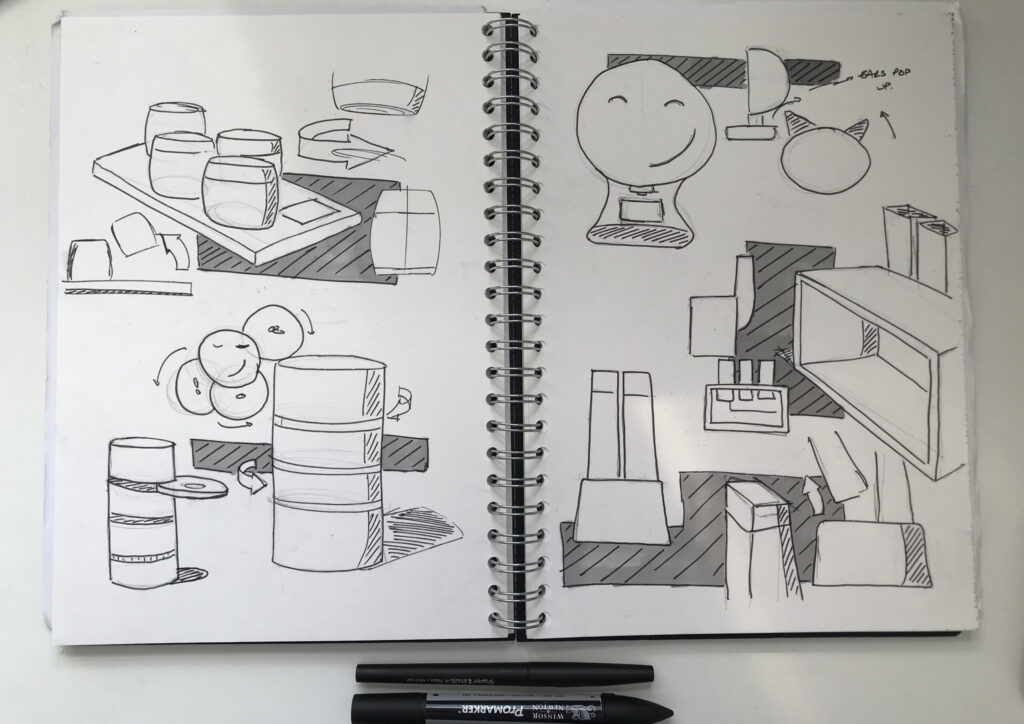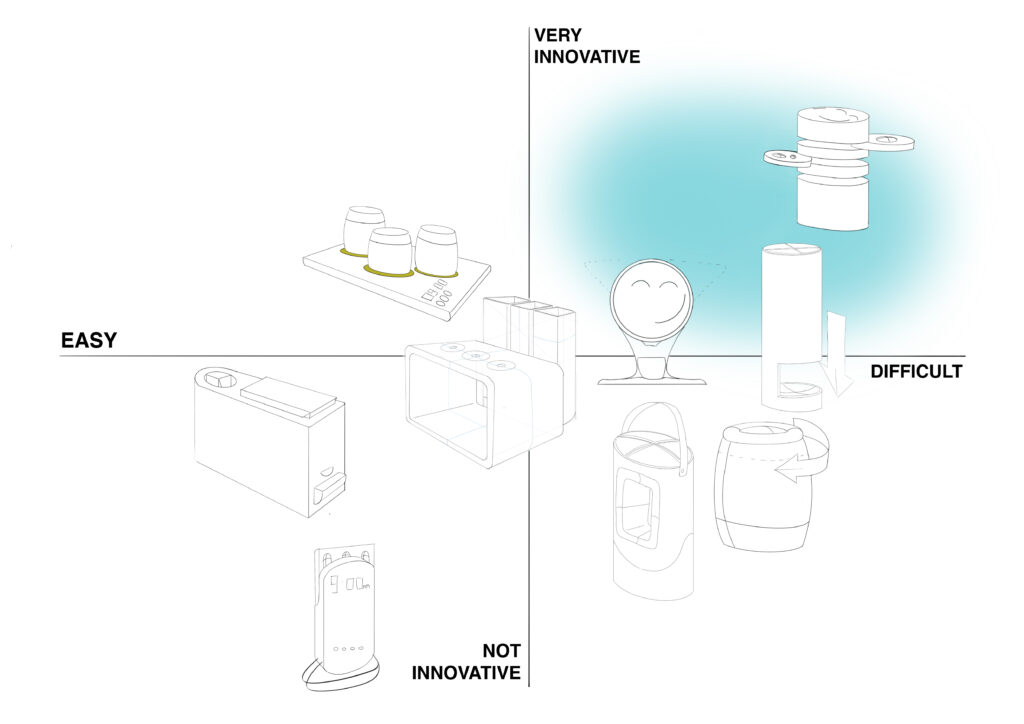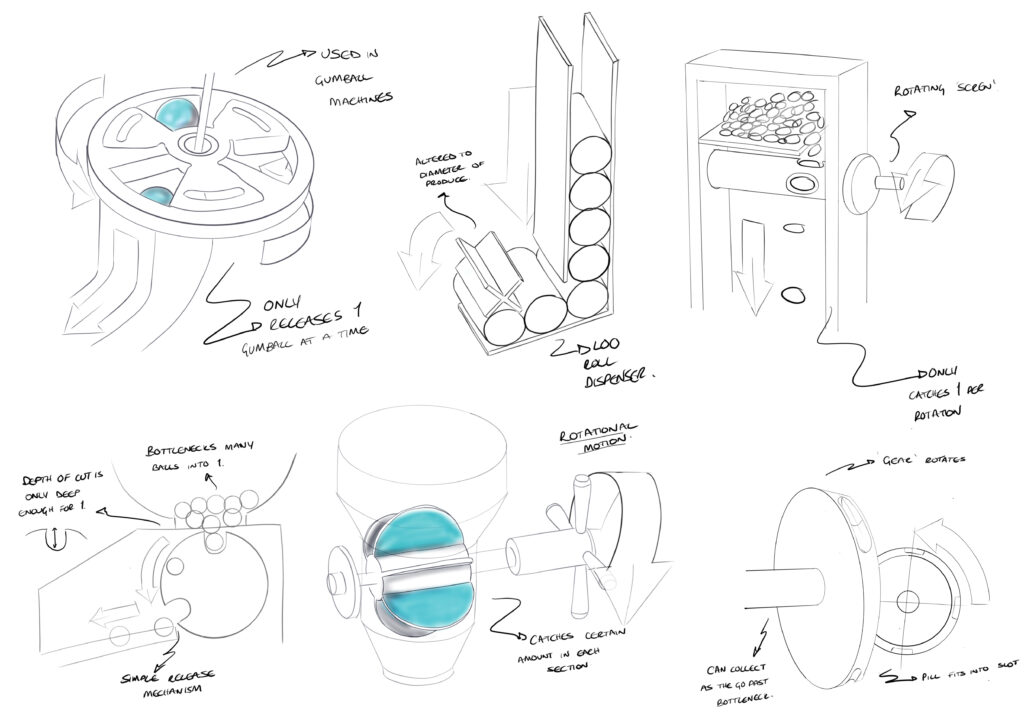Roe.
Roe is a smart medication dispenser that aims at improving the safety and autonomy of taking pill form medication for those diagnosed with dementia.
What is roe?
Roe is a medication dispenser designed for people with dementia. It is designed in order to make taking pills as easy and memorable as possible. Roe contains 4 separate compartments, for 4 types of medication and uses a unique internal mechanism that dispenses the correct dosage at the correct time.
Roe is connected to the carers phone so they can see when the user has taken their medication and remind them using the large display. They can also see when the device needs filling up to avoid missing medication.
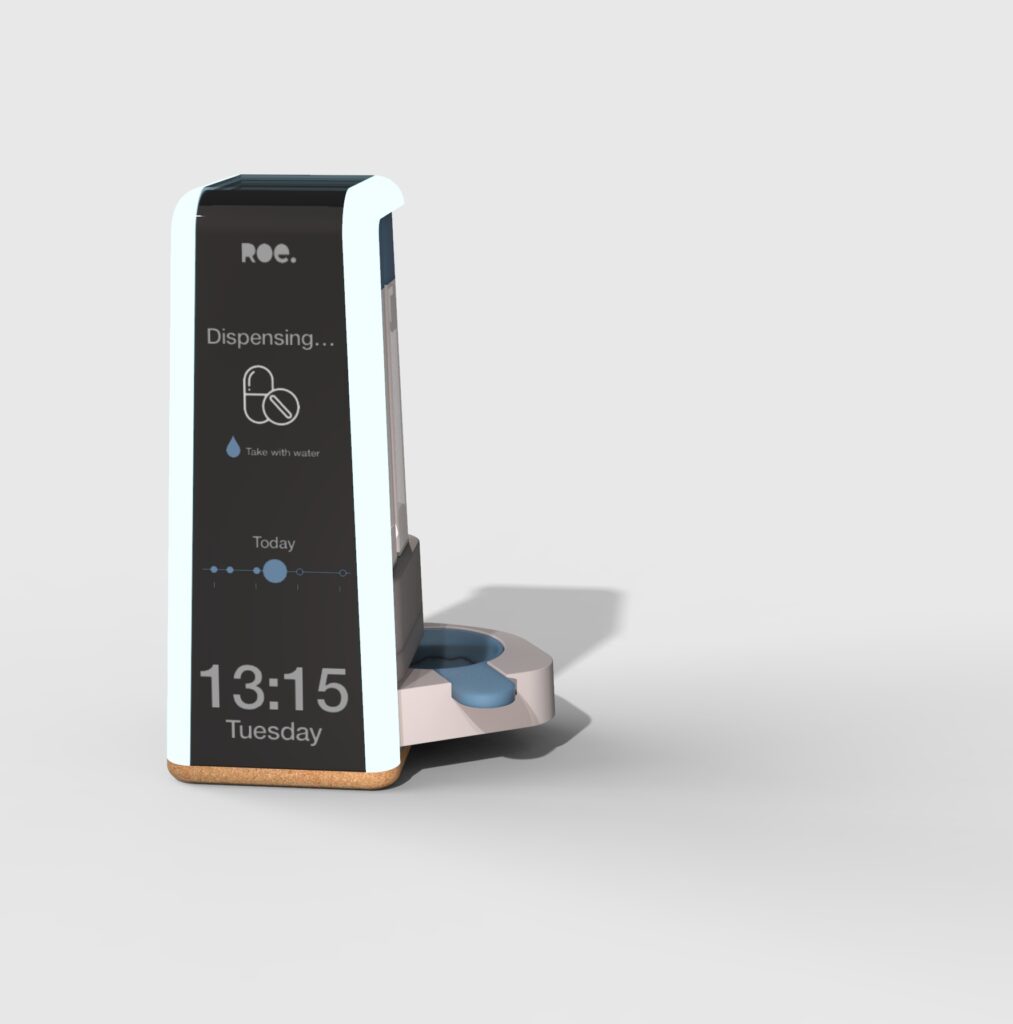
the problem
Over two-thirds of people with dementia in the UK living in the community and are cared for by over 670,000 carers, many of whom are old and frail themselves.
The UK Government suggests that at least have of older people may not be taking their medication as intended, and dementia presents its own set of issues that includes memory loss, altered thinking, and language. This can affect the most basic of tasks such as getting dressed, eating/drinking, and especially remembering to take the right medicines at the right time.
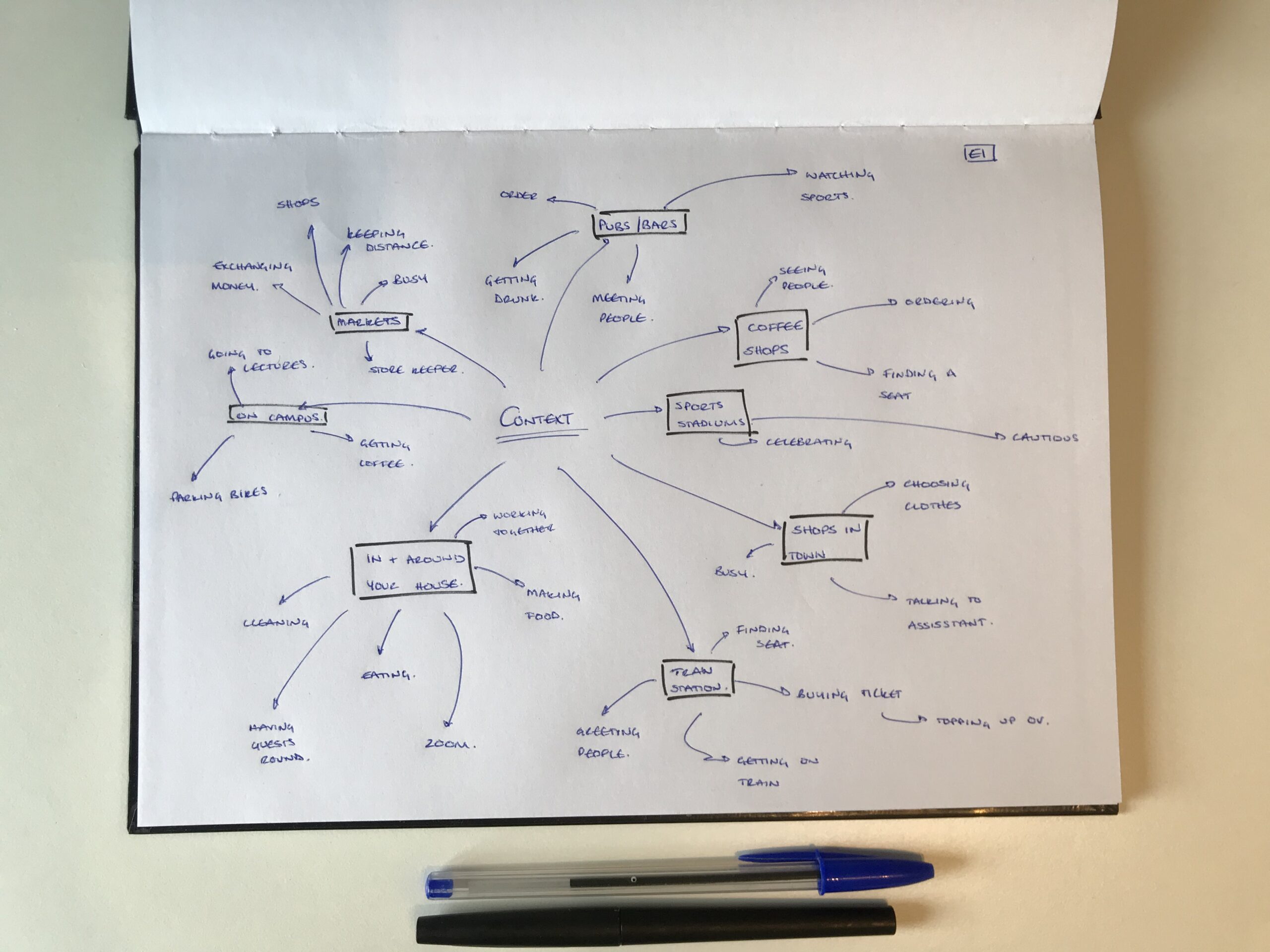
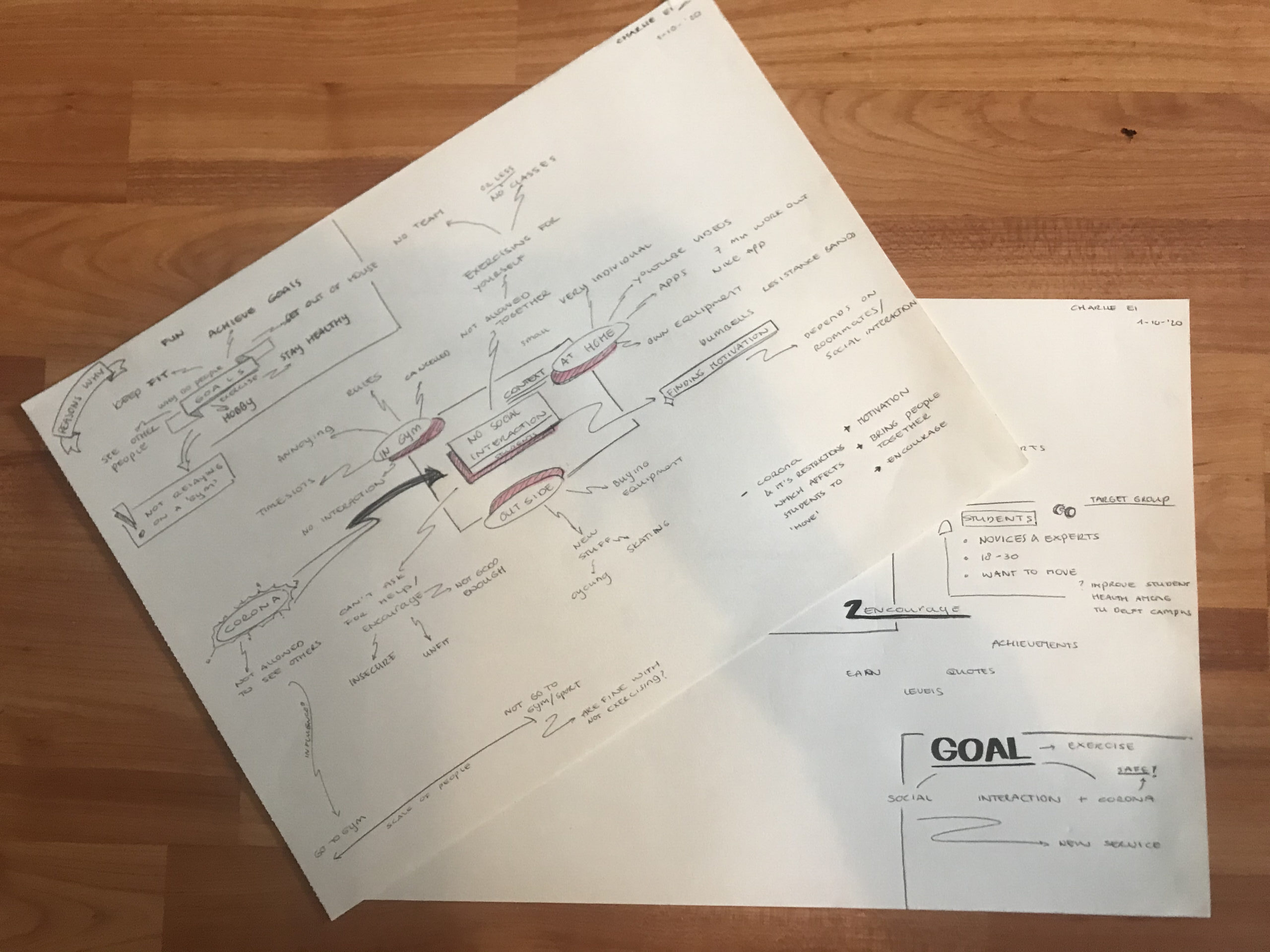
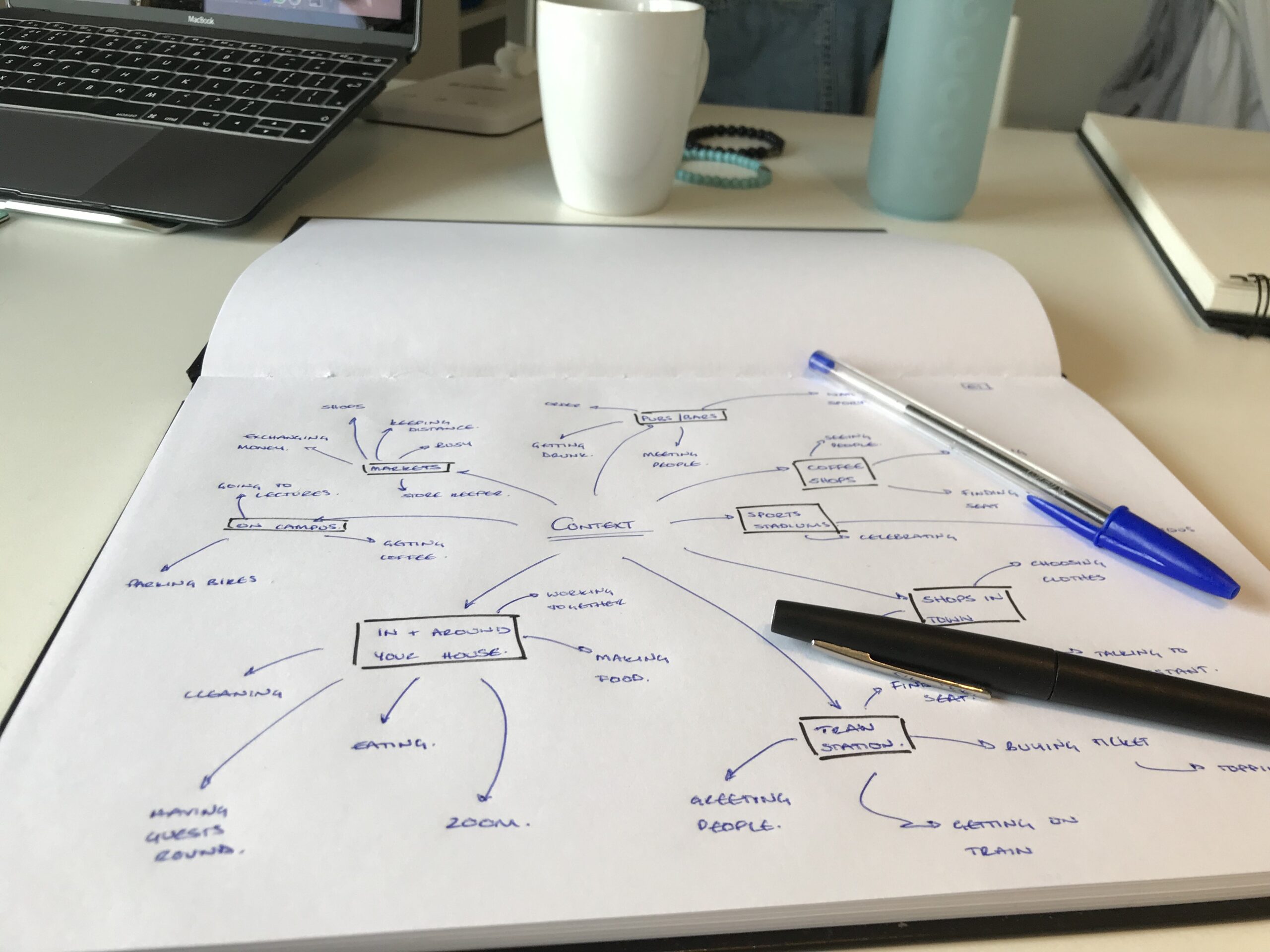
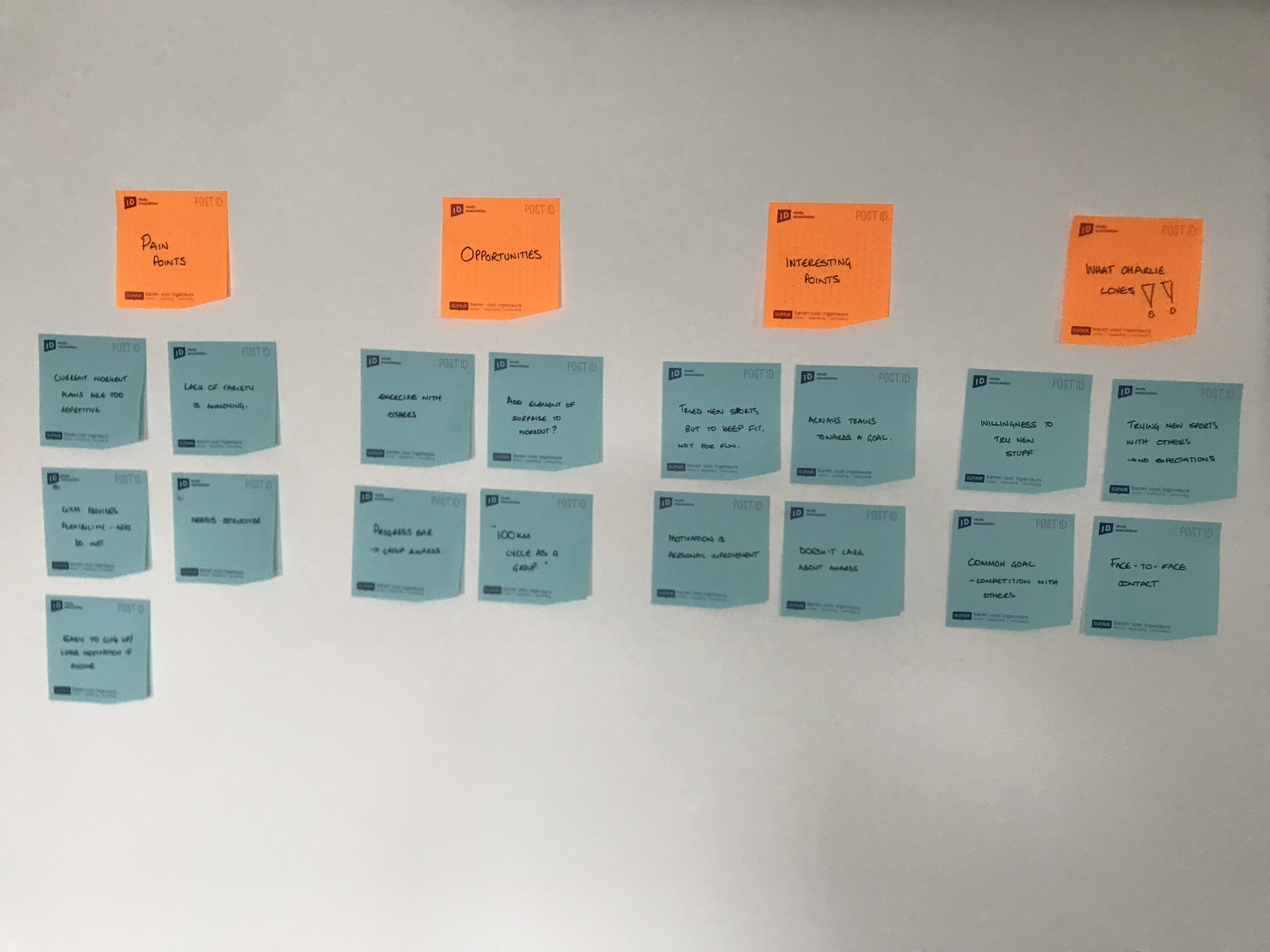
The brief
This project tackles the issue of how we can improve the safety and autonomy of this increasing population of dementia sufferers living at home, with a specific focus on the dispensing of pill-form medication.

The opportunity
As we age we increasingly require medication, and those living with dementia often require a daily pill-taking regimen. The problem stems from the memory or cognitive deficit and decreased abilities of those with dementia along with the importance of regularly taking medicine.
The opportunity immediately evident was the safety of someone with dementia who expresses that they don’t need or want help. Without a carer or an assistant, it might become extremely dangerous for someone with dementia to take their daily medication
Research
Calls were made to professional carers where the goal was to receive immediate insight into the mind of someone caring for those with dementia, along with areas that are the biggest struggle.
It was immediately obvious that the pain points lay in the decreased autonomy of the sufferer and effects that dementia has on a person: the reduction in communication and empathy, along with difficulty in understanding daily tasks and why they need to be done.
It was discovered that people living with dementia more and more want to stay in a homely, familiar environment. However, this also leads to an increase of informal carers staying with them who are not as knowledgeable as professional carers.
This lack of knowledge can lead to a difficult transition in the lives of these informal carers which can lead to breakdowns in relationships, inability to communicate effectively and ‘never not being on duty’.The NIDUS project led by Dr Claudia Cooper at University College London was set up to understand how carers can better care for a person with dementia at home. This project highlights the ways in which independence at home can be improved – tackling the lack of knowledge in this area that is currently a risk. The results of this conversation with Dr Cooper’s project team reinforced the research behind the lack of training of informal carers lead to a breakdown in relationships and that a person-centred approach to any problem in this area was best.

Lyn thomas
Lyn is currently a carer of someone with dementia. I interviewed her in order to discover pain points and benefits they may look for in the proposed concepts. The outcome of this research filtered down to the opportunity to improve the safety and autonomy of dementia sufferers taking medication. This would not only allow carers to take more of a step back, but also improve the lifestyle, safety and relationship between the two parties.
“Bob often takes all of his pills in one go, as he has forgotten which ones he has taken.”
Initial Concept proposal
This concept is composed of 4 compartments stacked on top of each other, all of which contain a different pill type. The internal mechanism will dispense the medication at the correct time and allow for obvious and clear indication as to when the medication should be taken.
The front display shows the time, when medication should be taken and other important information that is necessary for the user.

development
Throughout the project, development was integral to the final outcome. Below is a timeline of the main development carried out. This includes the form of the compartments, scale of the device and function of the internal mechanism.
The horizontal compartments seen in the above proposal were developed to be vertical to better dispense the medication. The tray was made more ergonomic and the release mechanism for the pill compartments was created to be safe and secure for someone with dementia.

modelling
Testing was carried out throughout modelling which led to minor changes in order to create a product that can be as useful as possible to the user. Both a functional model using Arduino was made, as well as an aesthetic model to display form and scale.
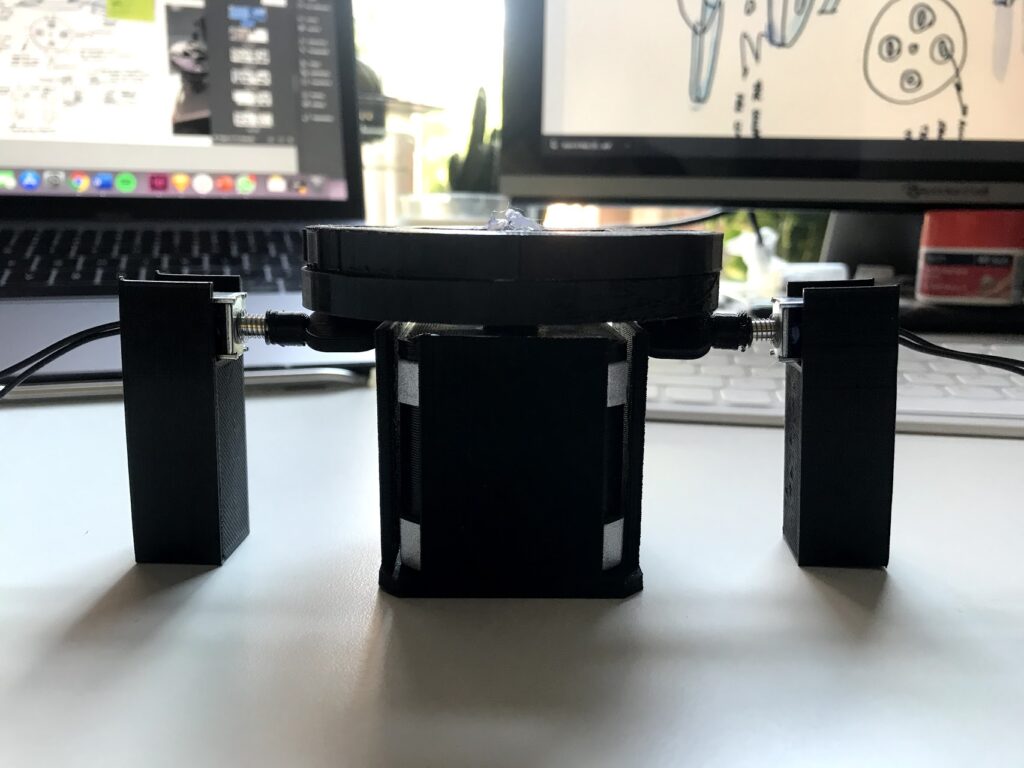
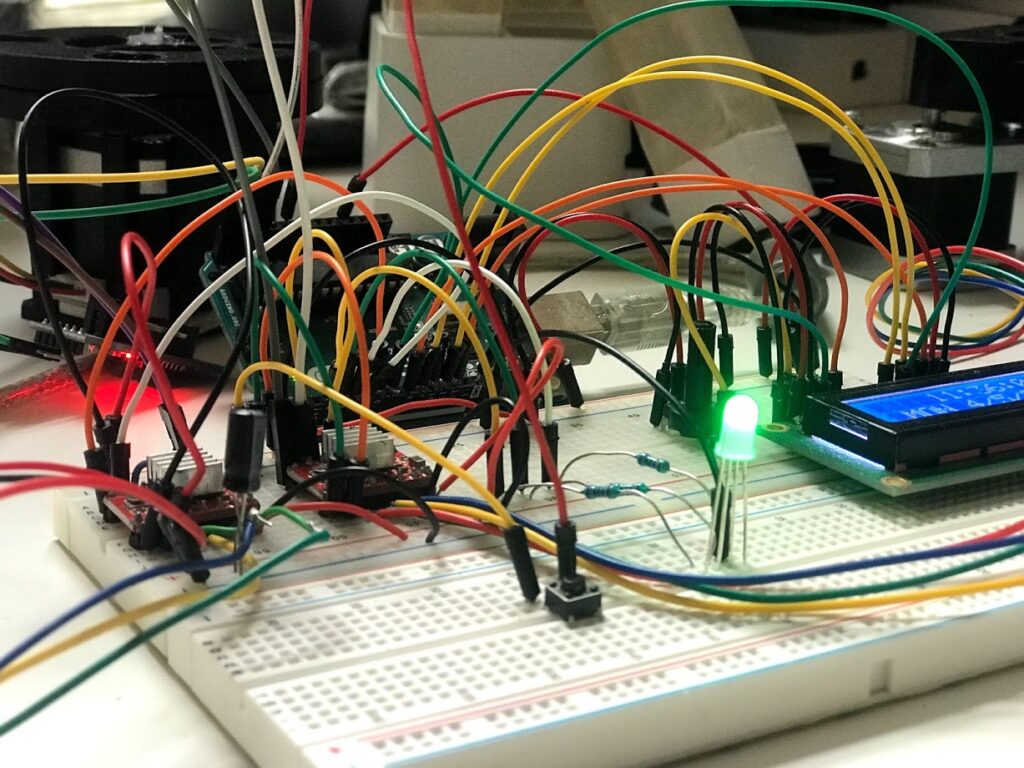
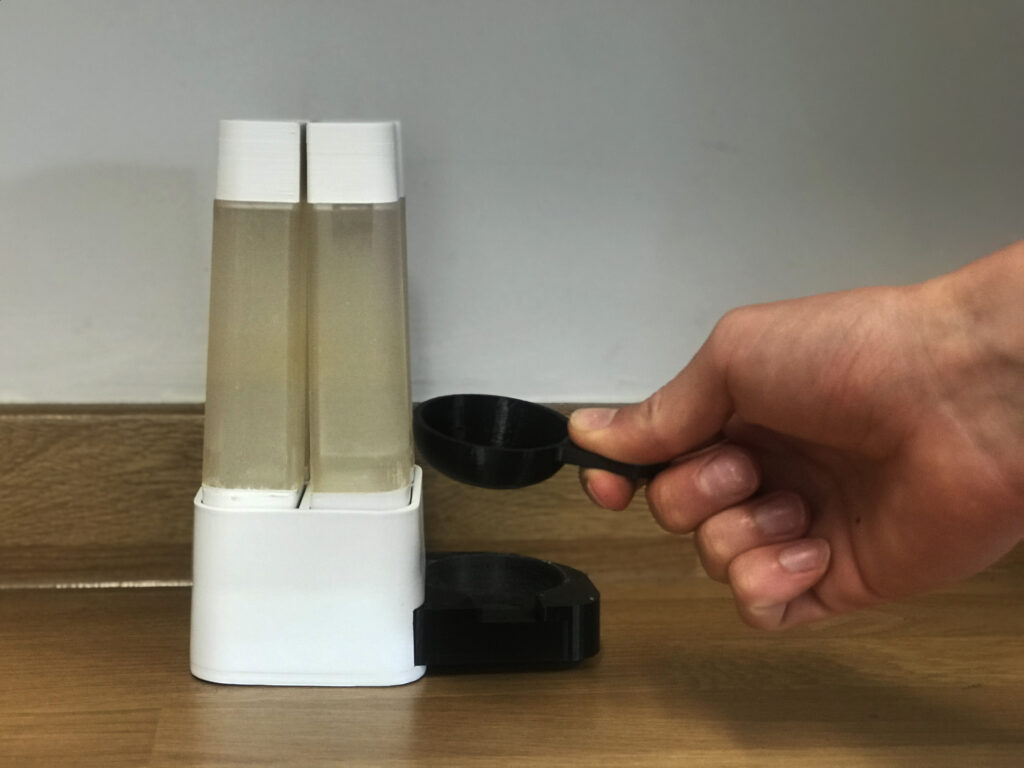
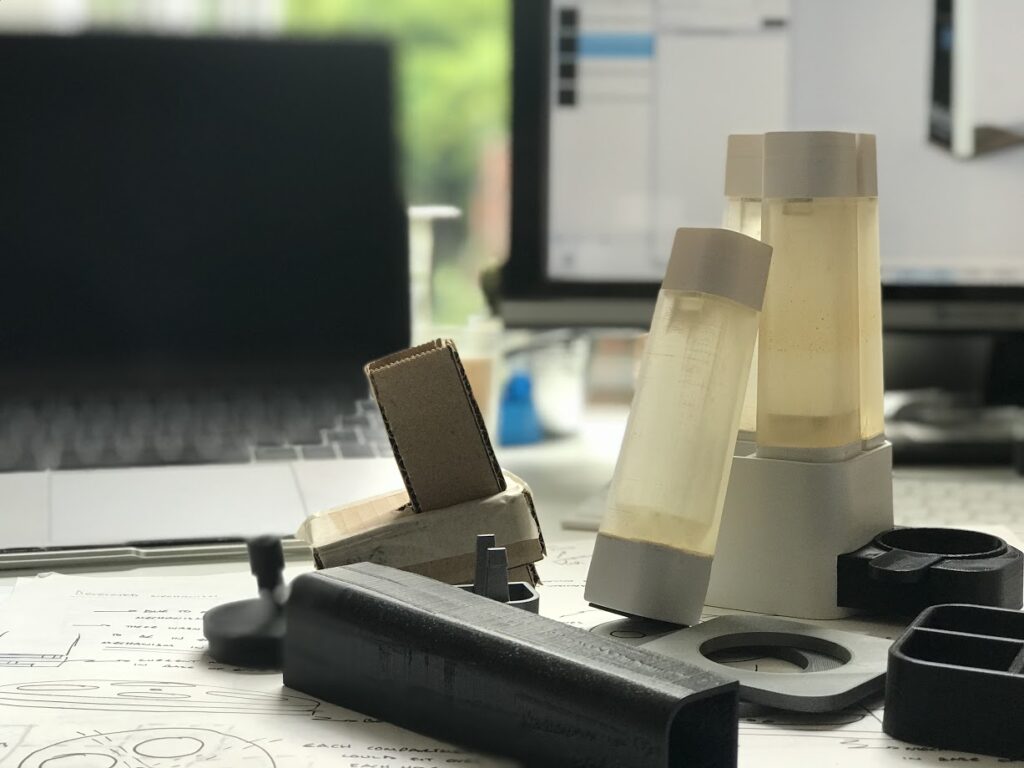
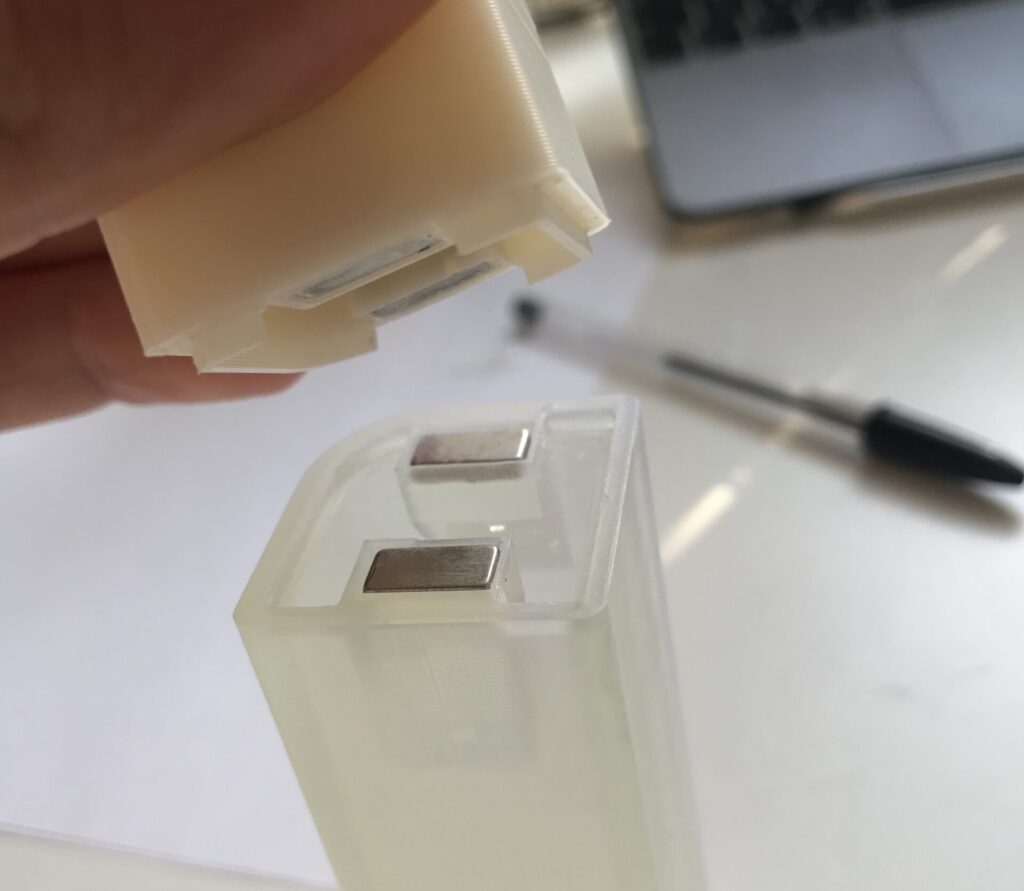
The proposal
This proposed design is a solution to the issues associated with self-medication for people with dementia and their carers in their homes. It improves the safety and autonomy related to taking regular medication by incorporating smart technology to automate dispensing these. The product simplifies the medication process and makes it safer as it only requires the carer to insert medication and set an alarm via their phone. The final proposal will improve well-being and reduce the stress and pressure put onto the carer by reducing the burden for this aspect of their lives. This has also tackled the lack of independence throughout the carers life and autonomy for the user.
